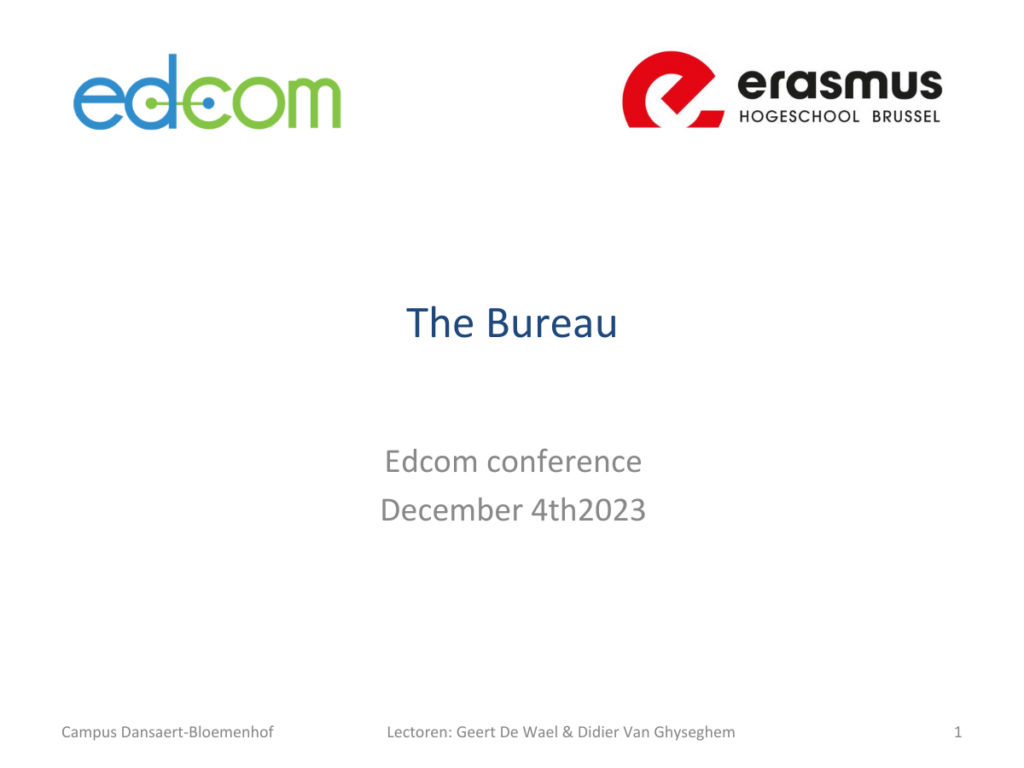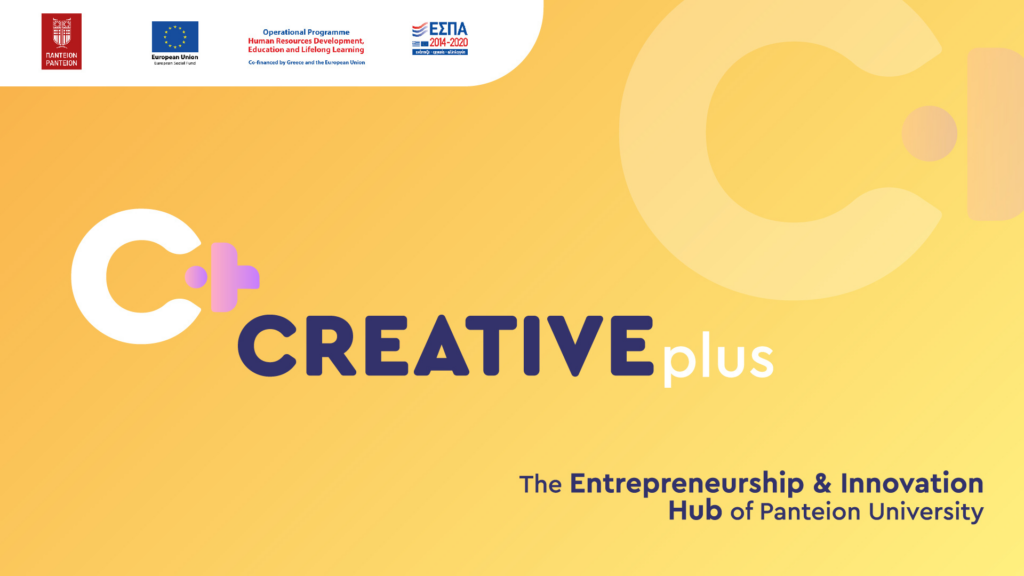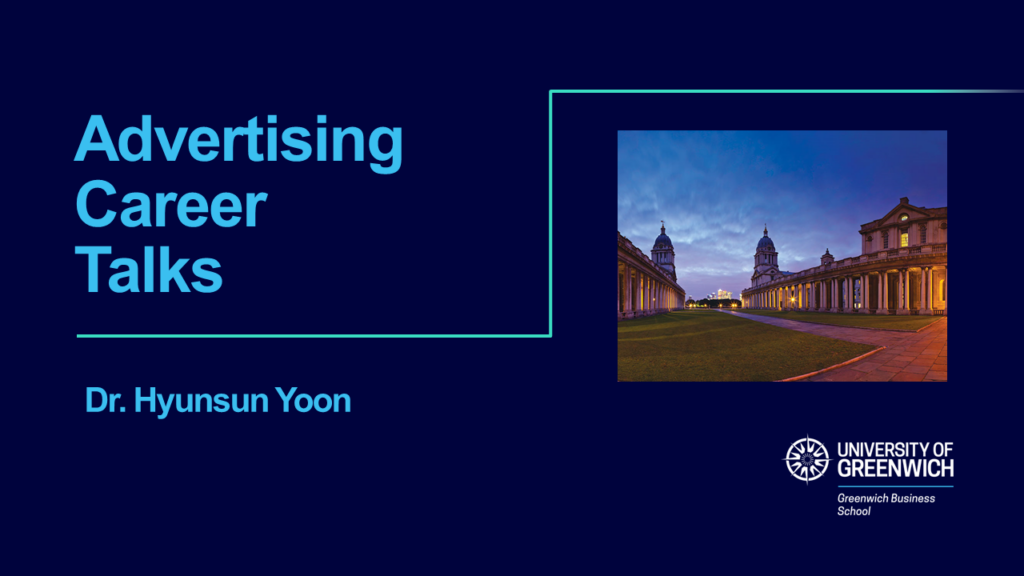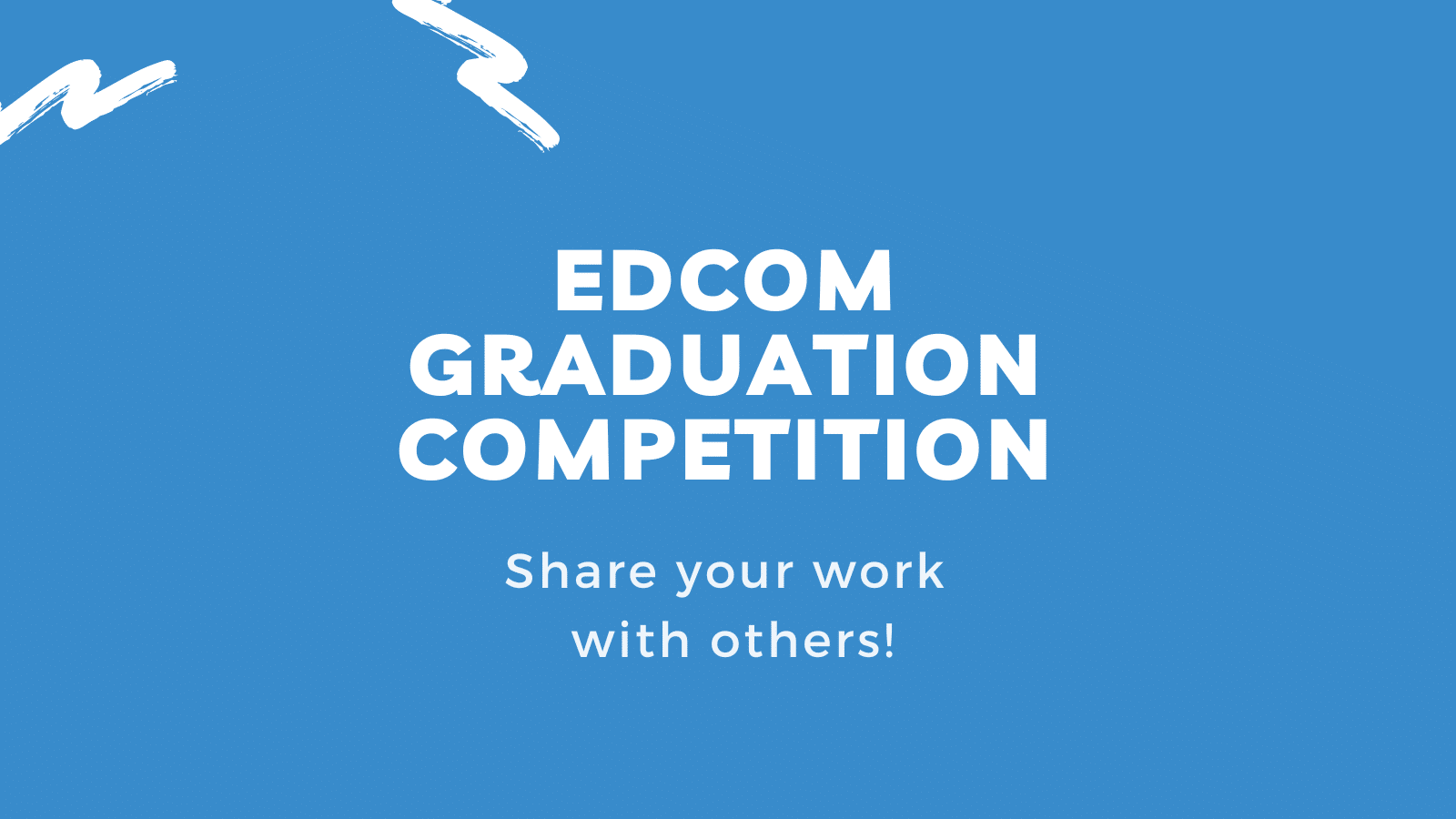
We are delighted to present this year’s winners of the edcom Graduation Competition, Napsugár and Ines, that with their outstanding thesis were awarded first place, respectively in the Bachelor and Master category. Thanks to their effort, both will receive a cash prize of 400 euros.
With the aim of promoting excellence in education in commercial communication and research, the edcom Graduation competition rewards the best graduation works in advertising and commercial communication among students from the edcom member schools. The competition is open to both Bachelor and Master students, providing a great opportunity to stand out and receive a cash prize.
Do you want to know more about the competition, the entry requirements, and the Judging Criteria? Take a look at the ‘edcom Graduation competition’ page.
The 2024 Winners
After two rounds of juror’s deliberation, Napsugár Gulyás, from the Breda University of Applied Science, was awarded the first prize in the Bachelor category. Her outstanding work ‘Exploring Ways to Direct Viewers Attention in 360 Degree Films’ was recognized as the best bachelor thesis of the competition. Following the great achievement, Napsugár told us “I am deeply honoured to accept this award. Crafting my thesis was a journey filled with challenges and self-doubt, but I persevered. Winning this competition reaffirms that determination and hard work truly pay off. Let this be a reminder to never underestimate your own potential, for greatness awaits those who refuse to give up.”
In the Master Category, Ines Muthenthaler, from the FH Wiener Neustadt, won the first prize with her exceptional thesis ‘The Importance of Brand Purpose in Green Brand Communication: Differences in the Perception of the Credibility of Brand Purpose in Storytelling from the Perspective of Consumers’. We are happy to share a few words from her “Exploring the credibility of green brands’ purpose in sustainability communication has been an immensely enriching journey, shaping not only my academic pursuits but also deepening my understanding of the interaction between marketing and sustainability. Having my work selected for submission to Edcom came as both a delightful surprise and a tremendous honor, and I am profoundly grateful for the guidance and support of my supervisor throughout this process. Congratulations to all fellow winners, and heartfelt thanks to the Edcom Graduation Competition team for this prestigious recognition. Receiving acknowledgment for the efforts of the past months in this manner is incredibly gratifying and serves as a powerful motivation to continually push personal boundaries. Thank you so much!”
Their works are available on the edcom website, where you can access the papers’ summaries and posters.
For further information on the Graduation Competition and/or the edcom institute, please contact Francesco Bottegal, Project Officer at francesco.bottegal@eaca.eu.
About edcom
edcom (The European Institute for Commercial Communications Education) strives to promote excellence in commercial communications education and research. Its aim is to establish cooperation between academia and industry professionals, as well as facilitate cross-border education and exchange of students. edcom is comprised of 43 university members across 14 countries, that meet bi-annually to share the best practices during members’ meetings and networking dinners. edcom also organizes competitions for students, such as Ad Venture and Graduation Competition. Find us on Twitter, Facebook, and LinkedIn.
#WeAreEdcom






